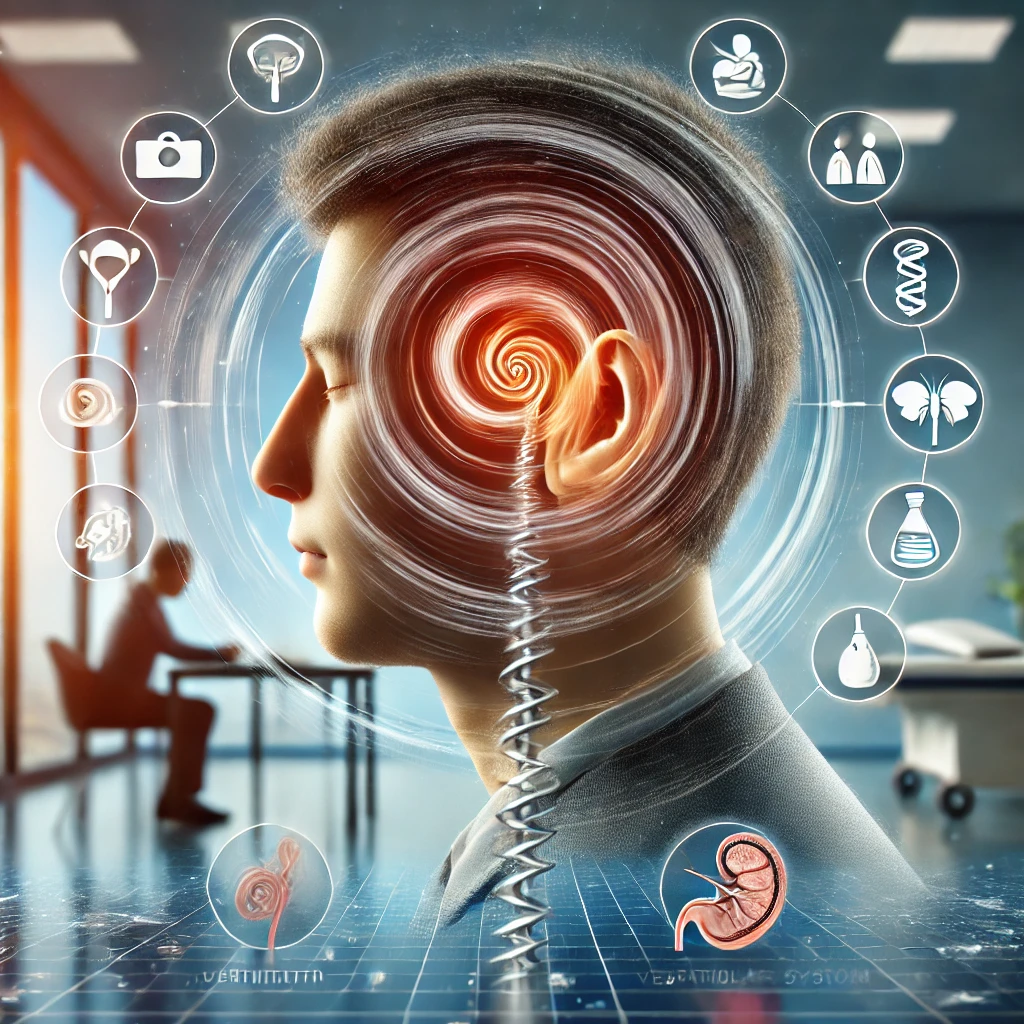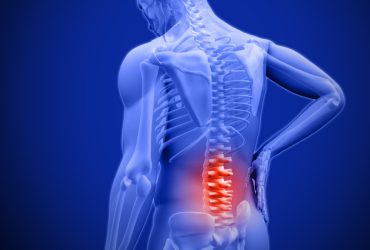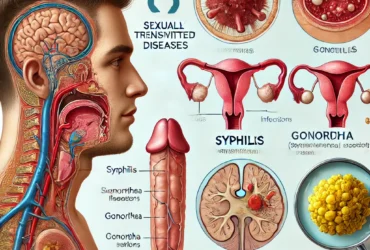What is Dizziness and Vertigo?
Dizziness is a general term used to describe a range of sensations such as feeling lightheaded, unsteady, or faint. Vertigo, a specific type of dizziness, creates a false sense of movement or spinning.
Causes of Dizziness and Vertigo
There are multiple reasons why people experience dizziness and vertigo, including:
- Inner Ear Disorders: Conditions like Benign Paroxysmal Positional Vertigo (BPPV), Meniere’s disease, and vestibular neuritis.
- Dehydration: Common in Nepal, especially during hot weather or after excessive sweating.
- Low Blood Pressure: Sudden drops in blood pressure can lead to dizziness.
- Neurological Conditions: Stroke, migraines, or multiple sclerosis may cause vertigo.
- Medications: Some medicines, including those for high blood pressure, can cause dizziness as a side effect.
- Anemia: A common issue in Nepal due to nutritional deficiencies, leading to fatigue and dizziness.
- Hypoglycemia: Low blood sugar levels, especially in diabetics, can trigger dizziness.
- Anxiety and Stress: Panic attacks and stress-induced hyperventilation can cause dizziness.
Symptoms of Dizziness and Vertigo
- Feeling lightheaded or faint
- A false sense of spinning or movement
- Loss of balance or unsteadiness
- Nausea or vomiting
- Blurred vision or difficulty focusing
Diagnosis and Treatment
If dizziness or vertigo persists, consult a doctor for proper diagnosis. Common tests include:
- Physical examination and medical history
- Vestibular tests to check inner ear function
- Blood tests to rule out anemia or infections
- Imaging tests like MRI or CT scan if neurological causes are suspected
Treatment Options:
- Medications: Antihistamines, anti-nausea drugs, or vestibular suppressants.
- Vestibular Rehabilitation Therapy (VRT): Exercises to retrain the balance system.
- Lifestyle Modifications: Staying hydrated, avoiding sudden movements, and managing stress.
- Dietary Changes: Reducing salt intake in Meniere’s disease.
- Surgery: In rare cases, surgical intervention may be required for severe inner ear disorders.
When to See a Doctor
Seek medical attention if:
- Dizziness is frequent or prolonged.
- There is hearing loss, severe headaches, or neurological symptoms.
- It interferes with daily activities and increases fall risk.
We have highly experienced doctors specializing in dizziness and vertigo treatment. If you or a loved one is struggling with these symptoms, visit our clinic for expert evaluation and care.
📞 01-4531078 or 01-4543386






